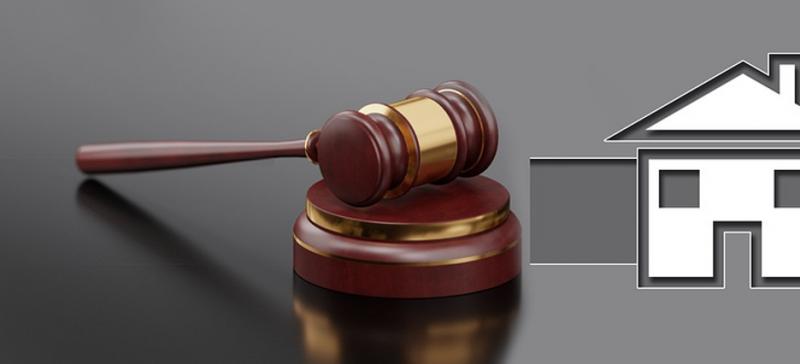How to Stop Foreclosure and Save Your Home

Image Source: Pixabay
When borrowers cease making payments on their mortgage loans, banks and other mortgage lenders can recover their losses through foreclosure. When borrowers take out a mortgage to buy a house, they commit to paying monthly payments until the house is repaid. The lender will try to recover some or all of what is still owed by seizing control of the house and selling it if a borrower can no longer make loan payments. While facing the possibility of house foreclosure is frightening, it is not always inevitable. There are numerous options, resources, and loss mitigation measures available. Here are a few tips on how to avoid foreclosure and save your home:
Consider Filing a Lawsuit
If your bank is using a nonjudicial approach to foreclosure, which means that the foreclosure is carried out outside of the court system, you may be able to postpone or stop the foreclosure by suing the bank to oppose the foreclosure. You must file an application for a preliminary injunction as well as a temporary injunction in order to halt a foreclosure auction while your claims are being discussed. However, it is important to note that this strategy often won't be possible if the foreclosure is judicial, because you've already had a chance to be heard in court by the time of a foreclosure auction. It is crucial to hire a foreclosure defense lawyer for assistance in navigating the legal system.
Talk to Your Lender When Necessary
It can be helpful to contact your lender as soon as you realize your payment will be missed or delayed by one month. Explaining the situation is preferable to letting the lender believe you have forgotten to pay, vanished, or are avoiding their questions. It is time to request a detailed repayment plan you think you can reasonably follow for any overdue installments. It can help your case ask for a reasonable payment schedule to follow if you can demonstrate why you could not fulfill this installment and why it won't happen again.
Consider Bankruptcy
A bankruptcy lawyer can assist you in determining whether or not Chapter 13 bankruptcy is a good option for your specific situation. The type of bankruptcy consolidates your debt into a specific repayment schedule. After the time frame established by the court, you are no longer responsible for the debts. A specific type of bankruptcy can stop foreclosure proceedings, allowing you to keep your house while you figure out your financial future. However, since bankruptcy stays on your credit report for up to 10 years, it negatively influences your credit.
Get Your Financial Information in Order
It is best to compile and arrange your financial details along with the loan documentation. You can gather your most recent pay stubs or, if you're self-employed, a profit and loss statement, bank statements, your federal tax return, and any supporting documents for any extra income you get, such as Social Welfare, lease payments, and alimony. Your lender will require this information to ascertain whether you qualify for a foreclosure alternative.
As a homeowner, you need to take every necessary action to prevent the foreclosure of your home. The ability to make recurring mortgage payments may be hindered by financial difficulties. The only sensible course of action in such a circumstance is to notify your lender of the circumstance quickly.
More to Read:
Previous Posts:










